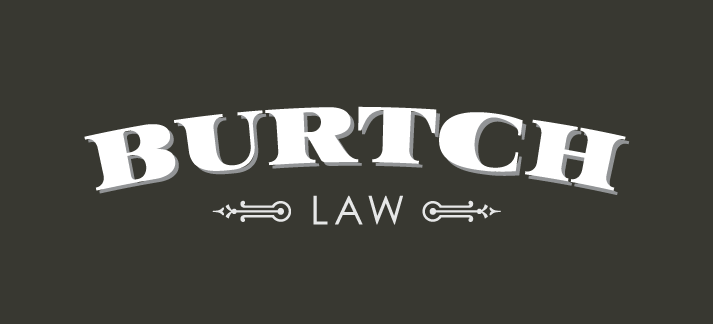Common Independent
School Issues
Compliance with education and employment laws
•
Employment concerns—wage payment,
leaves of absence, accommodation, hiring and firing, performance
•
Contracts with teachers, parents and vendors
•
Policies and handbooks
•
School forms, releases and authorizations
•
Student discipline and honor
•
Medication and allergy issues
•
Athletic issues and compliance
•
Workplace health, safety and security
•
Relationships between parents,
students and schools
•
Relationships with vendors, independent
contractors and volunteers
•
Claims and investigations by
outside organizations
•
Sexual misconduct and boundary crossing
•
Subpoenas and requests for student records
•
Department of Social Services licensure
•
School formation and accreditation
•
Legal exemptions and exceptions
for religious organizations

Typical Clientele
Independent schools
•
Day and boarding schools K-12
•
Preschools and pre-K programs
•
Secular schools
•
Religious, faith-based schools

Representation in Front of
Administrative Agencies
US Department of Labor
•
US Equal Employment Opportunity Commission
•
Virginia Employment Commission
•
Virginia Department of Social Services
•
Virginia Council on Human Rights

![]()
When Formulating a
Strategy for Schools,
It’s Important to
Consider All the Players
When Formulating a
Strategy for Schools,
It’s Important to
Consider All the Players
Educational expectations have never been higher, especially in independent schools where parents pay tuition. Complications are many, whether they concern teacher contracts, student discipline or overbearing parents. In this case, a carefully executed strategy scored a win for the school.
Educational expectations have never been higher, especially in independent schools where parents pay tuition. Complications are many, whether they concern teacher contracts, student discipline or overbearing parents.
In this case, a carefully executed strategy scored a win for the school.
Situation A school hired a teacher who did not reveal a medical condition until he was on campus. He came highly recommended, but his performance proved inadequate. Even after the school provided an improvement plan, his work was still unacceptable. Yet how would people react if the teacher were let go mid-year? What were the school’s options?
Burtch Law Strategy Script a conversation between the school and the teacher. Encourage him to see this job was not a good fit, so he would walk away voluntarily. Develop a contingency plan, and prepare a message to reassure parents, students and staff.
Outcome The teacher resigned. As a result, the school incurred no legal or financial liability, and its contingency plan ensured a seamless transition.
Situation A school hired a teacher who did not reveal a medical condition until he was on campus. He came highly recommended, but his performance proved inadequate. Even after the school provided an improvement plan, his work was still unacceptable. Yet how would people react if the teacher were let go mid-year? What were the school’s options?
Burtch Law Strategy Script a conversation between the school and the teacher. Encourage him to see this job was not a good fit, so he would walk away voluntarily. Develop a contingency plan, and prepare a message to reassure parents, students and staff.
Outcome The teacher resigned. As a result, the school incurred no legal or financial liability, and its contingency plan ensured a seamless transition.
Common Independent School Issues
Compliance with education and employment laws
•
Employment concerns—wage payment,
leaves of absence, accommodation, hiring and firing, performance
•
Contracts with teachers, parents and vendors
•
Policies and handbooks
•
School forms, releases and authorizations
•
Student discipline and honor
•
Medication and allergy issues
•
Athletic issues and compliance
•
Workplace health, safety and security
•
Relationships between parents,
students and schools
•
Relationships with vendors, independent
contractors and volunteers
•
Claims and investigations by
outside organizations
•
Sexual misconduct and boundary crossing
•
Subpoenas and requests for student records
•
Department of Social Services licensure
•
School formation and accreditation
•
Legal exemptions and exceptions
for religious organizations

Typical Clientele
Independent schools
•
Day and boarding schools K-12
•
Preschools and pre-K programs
•
Secular schools
•
Religious, faith-based schools

Representation in Front of
Administrative Agencies
United States Department of Labor
•
Equal Employment Opportunity Commission
•
Virginia Employment Commission
•
Department of Social Services
BURTCH LAW PLLC | 1802 Bayberry Court | Suite 302 | Richmond, Virginia 23226 | Phone 804 593 4001 | Fax 804 593 4002
BURTCH LAW PLLC
Richmond, Virginia | 804 593 4001
